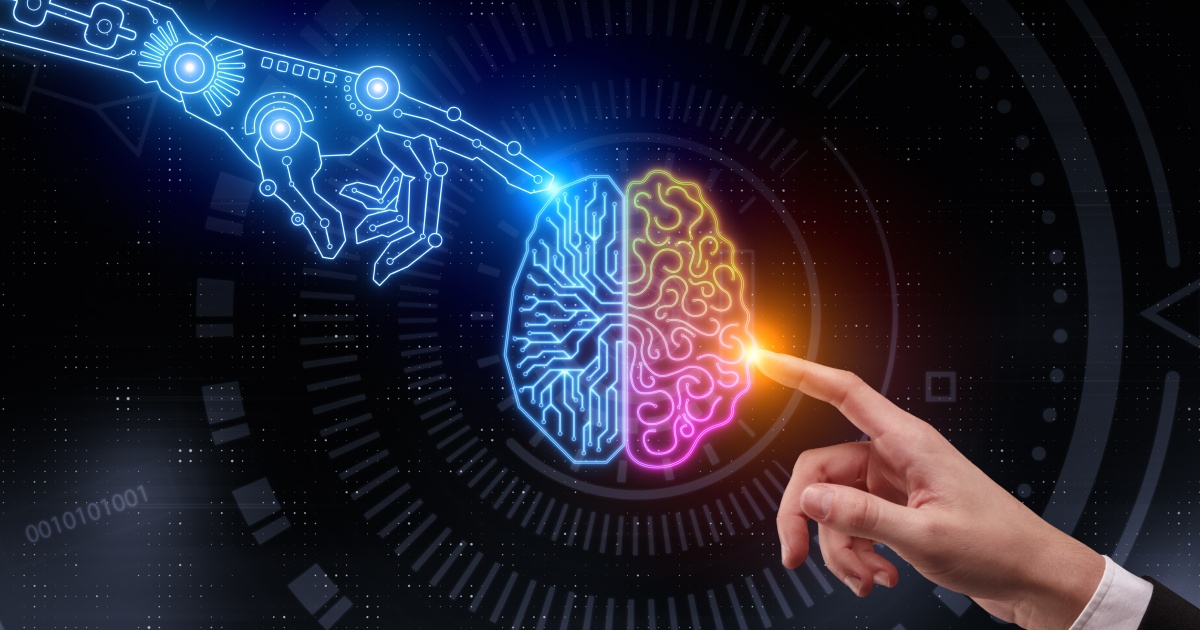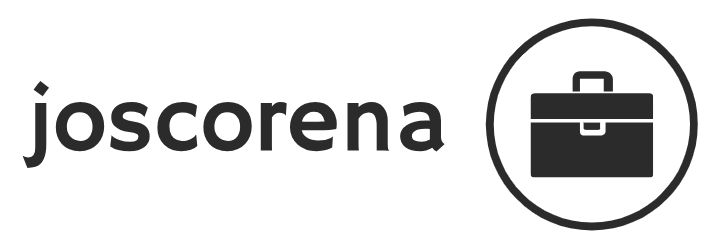
HR Revolution: Unleashing Artificial Intelligence’s Potential
Artificial Intelligence (AI) has become a game-changer in various industries, and its transformative impact on Human Resources (HR) is reshaping the way organizations manage their workforce. The integration of AI in HR processes is unlocking new possibilities, enhancing efficiency, and driving strategic decision-making.
Automating Recruitment Processes
AI streamlines the recruitment process by automating time-consuming tasks. From resume screening to candidate sourcing, AI-powered tools analyze vast amounts of data, identify relevant skills, and shortlist candidates efficiently. This automation not only accelerates the hiring process but also ensures unbiased and data-driven candidate selections.
To explore further insights into artificial intelligence in HR, visit Artificial intelligence in HR.
Enhancing Employee Onboarding
AI facilitates a smoother onboarding experience for new employees. Chatbots powered by AI can provide instant responses to common queries, guide employees through the onboarding process, and offer personalized information. This enhances employee engagement from the beginning, fostering a positive and efficient onboarding journey.
Personalized Learning and Development
AI-driven platforms analyze individual employee data to recommend personalized learning and development opportunities. This tailored approach ensures that employees receive training relevant to their roles and career aspirations, contributing to continuous skill enhancement and professional growth. The result is a more engaged and empowered workforce.
Predictive Analytics for HR Decision-Making
Predictive analytics powered by AI enables HR professionals to make strategic decisions based on data-driven insights. By analyzing historical and real-time data, AI can predict trends related to employee performance, turnover, and engagement. This foresight allows HR leaders to proactively address challenges, optimize workforce planning, and make informed decisions that impact the overall success of the organization.
Employee Engagement and Satisfaction
AI tools play a crucial role in measuring and enhancing employee engagement and satisfaction. Sentiment analysis algorithms can assess employee feedback, sentiment in communications, and overall workplace sentiment. This data helps HR teams understand the pulse of the workforce, identify areas for improvement, and implement strategies to enhance employee satisfaction and retention.
Efficient HR Operations with Chatbots
Chatbots powered by AI revolutionize HR operations by handling routine inquiries, benefits queries, and HR-related FAQs. Employees can get quick and accurate information, reducing the administrative burden on HR teams. This efficiency allows HR professionals to focus on more complex tasks that require human intuition and decision-making.
Workforce Diversity and Inclusion
AI contributes to promoting diversity and inclusion within the workforce. By eliminating bias in recruitment processes and providing data-driven insights, AI helps organizations build a more diverse and inclusive workplace. This not only aligns with ethical considerations but also enhances creativity and innovation within the organization.
Performance Management and Feedback
AI-driven performance management systems offer real-time feedback and insights. These systems analyze employee performance data, track key performance indicators, and provide constructive feedback to employees and managers. This continuous feedback loop fosters a culture of improvement, aligning individual goals with organizational objectives.
Ensuring Data Security and Compliance
As HR processes become increasingly digital, AI plays a vital role in ensuring data security and compliance. AI algorithms can monitor and detect anomalies in employee data, safeguarding sensitive information and ensuring compliance with data protection regulations. This proactive approach to security minimizes risks associated with data breaches Artificial intelligence in HR.
The Human Touch in AI-Enhanced HR
While AI brings significant advancements to HR processes, it’s essential to emphasize the human touch. AI should augment human capabilities rather than replace them. HR professionals remain crucial for interpreting AI-generated insights, understanding the nuances of employee needs, and fostering a workplace culture that values both technological innovation and human connections.
Conclusion: Shaping the Future of HR
The integration of AI in HR is a transformative journey, revolutionizing how organizations manage their most valuable asset—their people. As AI continues to evolve, HR professionals have the opportunity to leverage its capabilities to create more agile, efficient, and people-centric workplaces.
To learn more about artificial intelligence in HR, visit https://homecrest.my.id/
